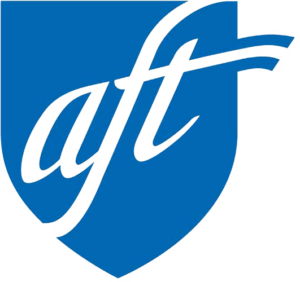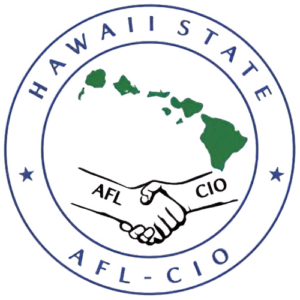To The Committee on Ways and Means
Tuesday, April 5, 2016
9:00 a.m., Room 211
RE: HB1700, HD1, Relating to The State Budget
Attention: Chair Jill Tokuda, Vice Chair Donovan Dela Cruz and Members of the Committee
The University of Hawaii Professional Assembly (UHPA) urges the Committee to amend HB1700, HD1, in the following sections:
Page Line Program No.
34 40 UOH100 University of Hawai‘i at Manoa +$44.25 m (A Funds)
35 01 UOH100 University of Hawai‘i at Manoa -$44.8 m (N Funds)
35 10 UOH110 UOH, John A Burns Sch of Medicine +$ 5.2 m (A Funds)
35 12 UOH110 UOH, John A Burns Sch of Medicine -$ 5.2 m (N Funds)
36 07 UOH900 UOH, Statewide Support -$50 m (A Funds)
These sections of HB1700, HD1, were amended by removing “A” funds and replacing them with “N” funds in UOH100 and UOH110. The “A” funds were then inserted into UOH900. We are urging the Senate Ways and Means Committee to reverse the HD1 version to the original amounts stated in HB1700.
Removing $50 million from “A” funds (general funds) and replacing that funding with “N” funds (federal funds) is the equivalent of providing a negative $50 million respectively to UH Manoa and the John A Burns School of Medicine. These “A” funds are fundamental to support research and to give funding agencies the assurances that the University can meet its commitments that are required. Federal grants require a quid pro quo–the failure to provide that resource, which often are faculty positions, means there will be severe limitations on the institution’s ability to conduct research and the instructional opportunities that flow from that research.
Federal funds are tied to grants. “N” funds only appear as a function of grants being awarded. The cycle for grants from writing, submitting, acceptance and finally funding can take 12 – 18 months. Grants may provide funding for the principal researcher but rarely more than 2-3 months for employment related activities. This means it is the legislature that needs to commit the state revenues that nurture the research faculty within the University. To do otherwise will effectively shut down a large sector of programs within UH Manoa.
Should HB1700, HD1 pass as currently submitted with a loss of $50 million in “A” funds there are recognizable consequences: These include
- Elimination of Faculty Members, Academic Professional/Technical personnel; Teaching and Research Assistants,
- Student enrollment declines as opportunities for undergraduates and graduate students to engage in research diminish;
- Instruction that incorporates lab and technical experiences becomes unsustainable due to loss of funds that provide equipment;
- A rapid exodus of faculty members as other institutions recruit and accept the grants held by the faculty member;
- Revenue loss of over a billion dollars annually
- Research, primarily Organized Research Unit revenue – $300 million with a Multiplier effect between 4 and 10
Perhaps most troubling with this budget proposal is the attempt to undermine the University as an independent corporation and to diminish its mission in advancing creative endeavors through research. Using the budget as a device to have a conversation hides the real impact which is to compel certain behavior or be punished. The magnitude of this challenge raises constitutional considerations that cannot be ignored. If the legislature is seeking to change the mission and nature of the University it should be forthright in making that argument.
History can be instructive. The vision of Governor Burns and the legislature of his day recognized that Hawai‘i had special needs that required a local research focus. Subsequent Governors and legislatures have also recognized that the competition for researchers was a world-wide one and it would be difficult to attract excellent researchers to financially unstable positions in the middle of the Pacific Ocean. Their vision resulted in the University of Hawai‘i at Manoa becoming a Carnegie 1 research institution recognized nationally and internationally.
HB1700, HD1, represents a profound change in this vision with an acceptance that the University of Hawai‘i at Manoa must downgrade from a Carnegie 1 research institution to a teaching college. The resources that discover ways to meet various challenges such as climate change, coastal erosion, chronic and epidemic diseases, and invasive species are eliminated meaning some other institution or agency will provide for Hawai‘i that once was provided here.
UHPA urges the committee to amend HB1700, HD1 as requested.
Respectfully Submitted
Kristeen Hanselman Executive Director



